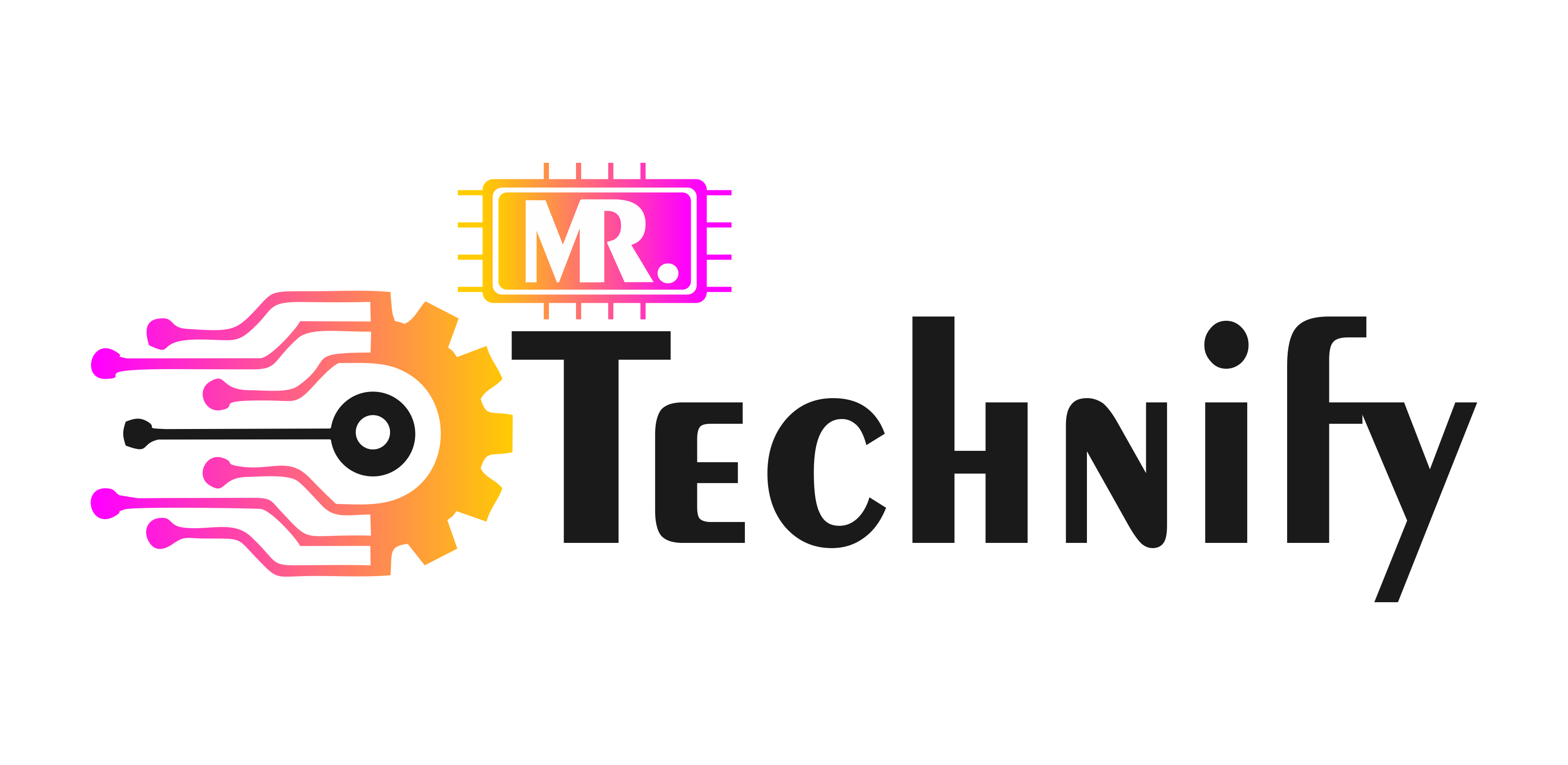Introduction
Artificial Intelligence has become ubiquitous in our lives, profoundly impacting sectors ranging from healthcare to finance, education transportation. But with its widespread adoption comes a series of ethical dilemmas and debates. These revolve around fairness, privacy, transparency, and accountability, which are integral to the broader discussion of Artificial Intelligence Ethics.
Understanding Artificial Intelligence
-
The Concept of AI
Artificial Intelligence focuses on creating computer systems capable of performing tasks that typically require human Intelligence. These tasks range from understanding natural language to identifying patterns, solving intricate problems, and learning from past experiences.
-
Evolution and Impact of AI
AI has gone from a novel idea to a game-changer changing whole sectors and shifting cultural norms. While having far-reaching effects, it also raises unknown ethical concerns.
The Importance of Artificial Intelligence Ethics
Ethics in AI is crucial as it helps mitigate potential harm caused by the technology. Without ethical constraints, AI could result in biased decision-making, invasion of privacy, or even societal damage. Therefore, integrating ethical principles into AI design and usage is paramount.
Key Ethical Considerations in AI
-
Fairness and Bias
From the start, Artificial Intelligence systems should be designed to be fair and objective. As such, they must be neutral concerning factors like gender, race, and socioeconomic background.
-
Privacy and Security
Keeping personal information safe and secure is especially important in artificial Intelligence. Unauthorized access or abuse of information may be avoided with the help of clear instructions and robust procedures.
-
Transparency and Explainability
AI systems should be transparent in how they operate, and their decisions should be explainable. This is essential to build trust and for users to understand potential implications.
-
Accountability
Accountability ensures that entities responsible for creating and deploying AI systems can be liable for any harm caused. This requires a transparent chain of responsibility and enforceable laws.
The Current State of Artificial Intelligence Ethics
-
Policies and Guidelines
Various organizations have published AI ethics guidelines emphasizing fairness, privacy, transparency, and accountability. Yet, these guidelines are often broad, and their practical implementation still needs to be improved.
-
Implementation Challenges
Implementing AI ethics is complex due to numerous technical, legal, and societal hurdles. Overcoming these requires a coordinated effort from policymakers, technologists, and society.
Artificial Intelligence Ethics in Different Industries
-
Healthcare
Artificial Intelligence is used for diagnosis, treatment, and patient care in healthcare. Ensuring ethical usage is critical to avoid misdiagnosis or unequal access to care.
-
Finance
Artificial Intelligence in finance can lead to more innovative investments and unfairly exclude individuals from financial services. Ethical considerations are needed to prevent such bias.
-
Education
Artificial Intelligence in education can personalize learning but also raise privacy concerns. Therefore, ethical guidelines are crucial to protect student data.
Global Perspectives on Artificial Intelligence Ethics
Countries have varying perspectives on AI ethics, influenced by cultural, political, and societal factors. Harmonizing these views is essential for the ethical use of AI globally.
Future of AI Ethics
The future of AI ethics will likely involve further refining of ethical principles, stricter regulations, and widespread education on AI’s moral implications.
-
Role of Individuals and Society in Artificial Intelligence Ethics
Individuals and society play a crucial role in shaping AI ethics. By staying informed and participating in AI ethics discussions, we can collectively ensure the ethical use of AI.
Conclusion
Artificial Intelligence Ethics is a complex yet vital area aiming to ensure AI’s responsible and beneficial use. We can harness AI’s potential while minimizing risks by addressing ethical considerations like fairness, privacy, transparency, and accountability.
FAQs for AI Ethics
Why is AI ethics important?
AI ethics is crucial to prevent harmful consequences of AI, such as bias, privacy invasion, and accountability issues.
What are some ethical considerations in AI?
Key considerations include fairness, privacy, transparency, and accountability.
What challenges are faced in implementing AI ethics?
Challenges include technical complexity, legal ambiguity, and societal acceptance.








